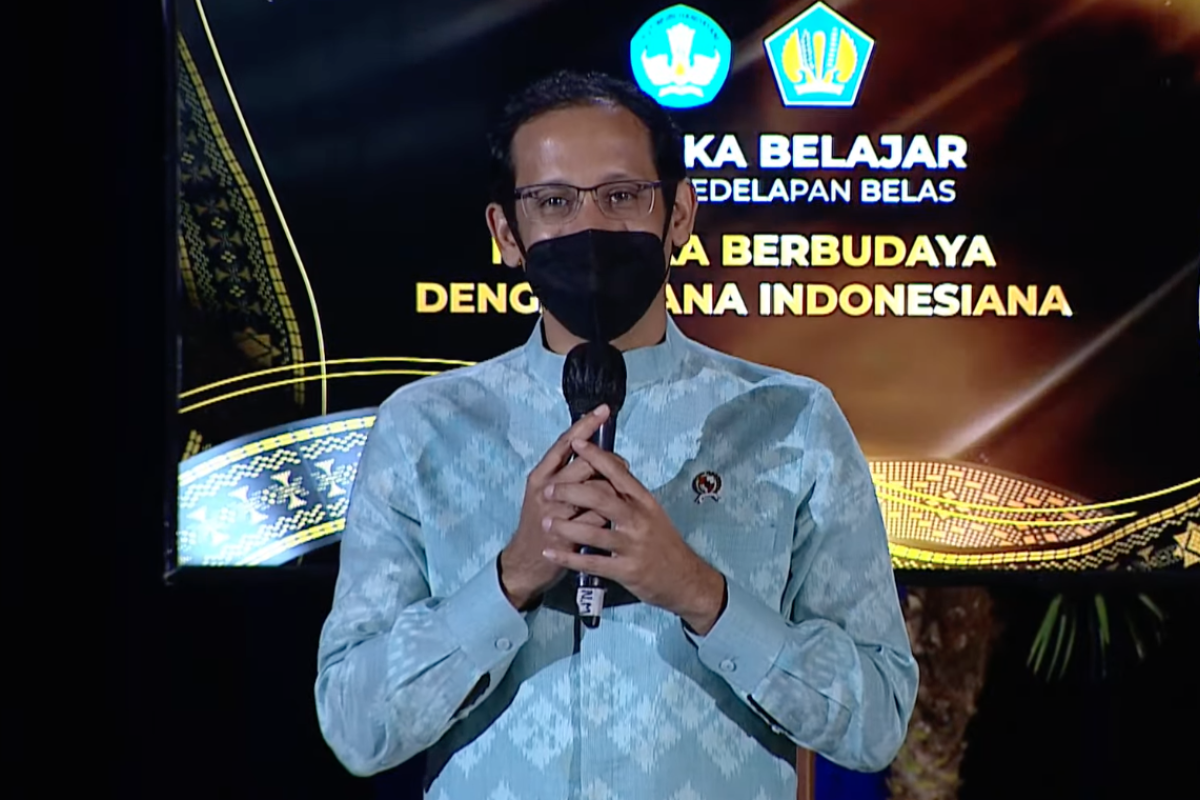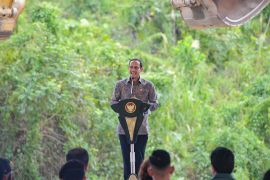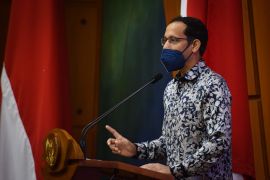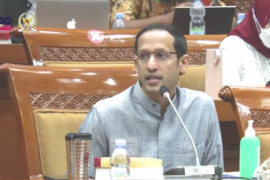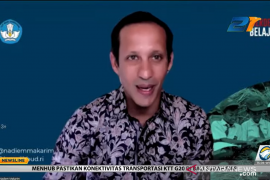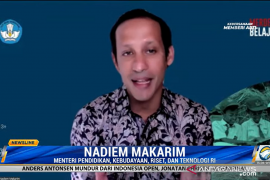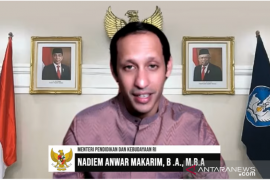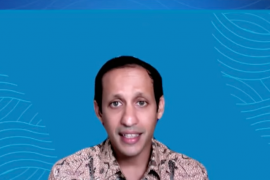“One of the impacts of digital disruption that is currently happening and will continue is the change in employment needs,” Makarim said in a statement released in Jakarta on Thursday.
The statement was delivered during a national webinar this week, which was attended by representatives from the Association of Indonesian Private Universities (APTISI) and stakeholders in the world of higher education.
By 2030, the minister said, there will be 23 million jobs replaced with automation technology coupled with the emergence of 27–46 million new jobs, of which 10 million never existed.
This is a sign that all parties have to transform, he added.
“We can no longer apply the same way of learning as decades ago to our students who face the challenges of digital disruption,” he said.
According to Makarim, hundreds of thousands of students throughout Indonesia, since two years ago, have been competing to participate in seven national programs of Merdeka Belajar-Kampus Merdeka (MBKM), including on private campuses.
Students are eager to learn and seek off-campus experience, but not all have gotten this valuable opportunity because they were bumped by the system on campus.
Therefore, Makarim asked the leaders and universities to introduce changes in the campus management system so that MBKM participant students would get credit transfer rights for the programs they participate in.
“I believe ladies and gentlemen, the leaders of the college here, want our students to be ready for the challenges of the future. I hope that through this webinar, ladies and gentlemen, leaders of private universities, will commit to transforming to prepare our young generation by realizing independent learning,” the minister said.
Related news: Digital transformation acceleration drives digital economy development
On the same occasion, CEO of PT Technomedia Interkom Cemerlang (Edufecta), Ucu Komarudin, said that Edufecta is ready to help 160 private universities in the campus digitization acceleration program.
“We realize that in times like now, the need for technology has become an inevitability,” Komarudin added.
He said that his company is ready to provide real solutions for the advancement of the Indonesian higher education world.
He explained that the campus digitization acceleration program is a follow-up to roadshow activities carried out in various provinces in Indonesia at the beginning of this year.
"From there we see the need for applications for college information system providers to be the most important thing, especially to support the teaching and learning process," Komarudin remarked.
So far, there are more than 160 private universities that can enjoy the benefits of Edufecta for five years. The Campus Digitization Acceleration Program is a grant program worth Rp5 billion.
Chairman of the Indonesian Private Universities Association (APTISI), M. Budi Djatmiko, lauded the concrete steps that have been taken through the Edufecta platform for supporting the progress of the Indonesian education system.
Collaboration with private parties, he said, has become the main thing in an era like the present.
The private sector is one of the important stakeholder components for advancing our education world, Djatmiko added.
Related news: Digital economy key to make Indonesia major economy: Thohir
Related news: First G20 DEWG focuses on digital literacy, skills
Reporter: Azis Kurmala
Editor: Suharto
Copyright © ANTARA 2022
